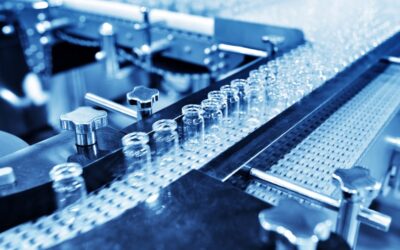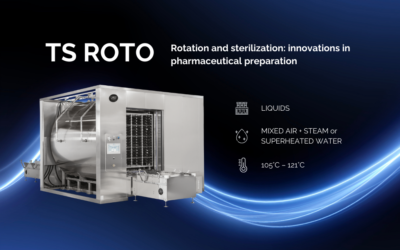
Hyaluronic acid is a molecule produced naturally by the human and animal organisms.
Chemically, it is classified as a glycosaminoglycan, i.e. a long linear polymeric chain composed of simple sugars capable of retaining significant amounts of water that provide hydration and protection to the connective tissues of our body.
Until the 1970s, hyaluronic acid was mainly extracted from animals, in particular from the rooster’s crest. Today, this type of molecule can be easily obtained in the laboratory, by extraction from particular types of bacteria, from plant tissue or through biofermentation.
Hyaluronic acid performs an important function in maintaining the degree of hydration, turgidity, viscosity and plasticity of tissues, thanks above all to its property of being able to retain water molecules. Envision, for example, that one molecule of hyaluronic acid has the capability to bind up to one liter of water.
Fields of application
The most widespread field of application remains the medical and aesthetic field, for the treatment and correction of lip volume and contour, smoothing of wrinkles and remodeling of the facial contour.
In addition, hyaluronic acid is particularly well known for its important immune, healing and anti-inflammatory properties and is therefore widely used in the re-epithelialization of skin lesions: it allows wounds to heal quickly and alleviates irritation and redness, even on sensitive skin.
Not to be underestimated, finally, is its function as a ‘shock absorber’ that facilitates the body’s rapid recovery from joint trauma and relieves pain caused by arthritis.
The sterilization of PFS (Pre-filled syringes)
Sterilizing the media that will contain the hyaluronic acid is of vital importance as the product is injected directly into the patient’s skin or joints.
This implies that, if the PFS and the hyaluronic acid are not properly sterilized, it could very likely harbor potential pathogenic microorganisms that are the cause of a pyrogenic response from the immune system and, in severe cases, the source of inflammation or infection of the body.
To eliminate this type of risk, sterilization processes have been regulated and controlled. The European Pharmacopoeia, in fact, has established that a sterilization process can be validated only when one medium out of at least one million devices analyzed, is found to be non-sterile. Furthermore, a standardized, repeatable and documentable terminal sterilization system, is indispensable for a device to be declared ‘sterile’.
LAST Technology‘s solution meets this need with the TS-AS model autoclaves, specifically designed for the terminal sterilization of liquids stored in closed containers such as PFS (Pre-filled Syringes).
Terminal sterilization ensues through a combination of clean steam and air. Filtered compressed air is introduced in the sterilization chamber to balance the generated pressure in the syringes with counter pressure from the chamber itself. Pressure instability could cause the rupture of the PFS or the leak of the product.


